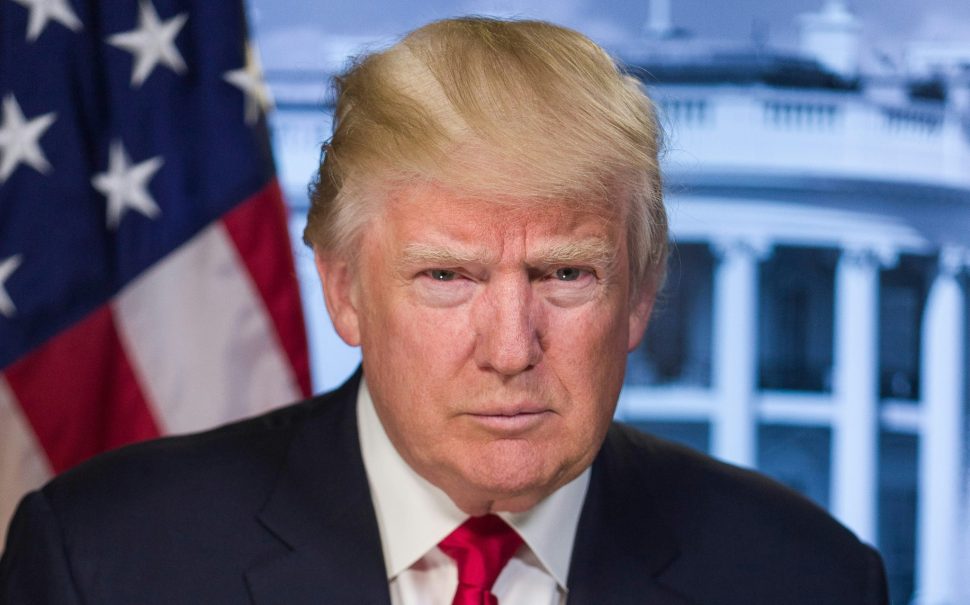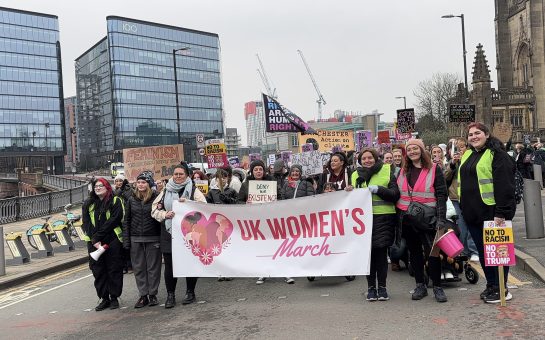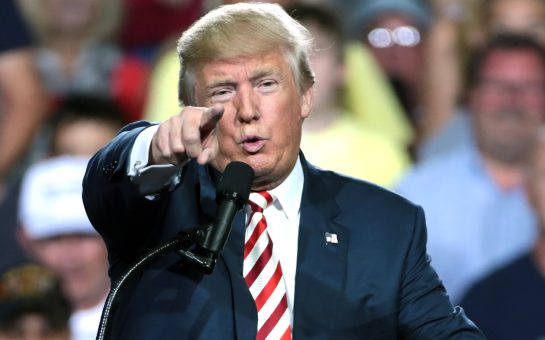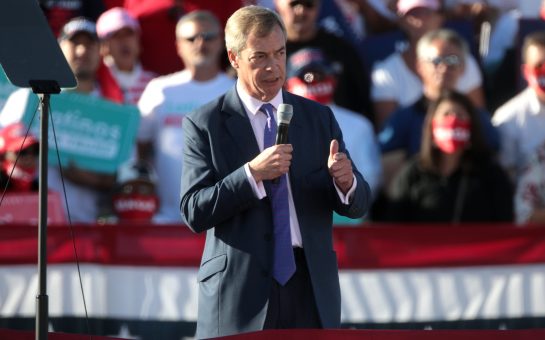Donald Trump’s election victory marks an historic moment in US politics, becoming the first convicted felon to be elected president.
The presidential race reached its peak in the early hours of this morning, with Donald Trump declaring victory after dominating in key swing states including Pennsylvania.
Set to take office on 20 January 2025, Trump became the first former president to be convicted of a crime last year when a New York jury found him guilty of 34 counts of falsifying records.
Despite months of delays in legal proceedings, exacerbated by the Supreme Court’s ruling on presidential immunity in July, Trump is scheduled to appear in court in New York later this month.
So, could America have a serving President conducting office from a prison cell? MM looks at the case against Trump, and what happens to the charges now he is president elect.
What charges is Trump facing?
New York sentencing
In May, a jury found Trump guilty of 34 charges relating to falsifying business records to cover up hush money paid to adult-film star Stormy Daniels. Trump paid Daniels $130,000 during his 2016 campaign, in exchange for her silence about an alleged affair.
Judge Juan Merchan has set a deadline of 12 November to decide if he will pursue the sentencing. If he goes ahead with the charges, Trump’s lawyers are expected to ask for delayed sentencing to allow them time to appeal.
However, if the sentencing proceeds, Trump faces up to four years in prison. Alternatively, the judge could opt for probation, home confinement, community service or a fine.
Sentencing of a president elect before Inauguration Day is unprecedented.
Georgia racketeering case
Prosecutors in Fulton County, Georgia, charged Trump with state racketeering laws last year after an alleged conspiracy to overturn his 2020 election defeat the key battleground state.
Trump and eight of his 14 co-defendants have called for the lead prosecutor, District Attorney Fani Willis, to be disqualified due to alleged misconduct involving romantic involvement with a former deputy.
The 14 co-defendants include Trump’s former personal lawyer Rudy Giuliani and White House chief-of-staff Mark Meadows.
If their appeal fails, the case could still go ahead against the other defendants, but it is expected that the case against Trump would not progress while he serves in office.
Federal cases in Florida and DC
Arguably the cases which will suffer the biggest impact after Trump’s re-election are the federal criminal cases brought by special counsel Jack Smith in 2023.
Smith has been building the cases against Trump since 2022, charging Trump over attempts to overturn the election result in 2020, and illegally taking classified documents from the White House.
The Washington DC case was held up for months as Trump pushed for federal courts to grant him presidential immunity. In July this year, the Supreme Court ruled that the president would have some immunity from criminal prosecution.
During his 2024 campaign, Trump stated his intention to fire Smith as soon as he took office, a move which would allow the Department of Justice and Trump’s attorney general to drop the charges against him, ending the court cases.
Civil lawsuits
Trump also faces four civil cases brought over the last 18 months, amounting to more than $500m in liability.
The cases include fraud, sexual abuse, and defamation. He is also being sued by police officers and Congress members for his part in the attack on the Capitol on 6 January.
Despite the Supreme Court ruling on presidential immunity, it is still possible to collect civil damages from a serving president. However, given the exceptional cost of these cases, Trump could argue that paying the damages would interfere with his ability to carry out presidential duties.
What happens next?
As president, Trump has the power to fire special counsel Smith and shut down the federal cases against him. He does not have the power to do the same for the prosecutions in the hush money case, or his attempts to overturn the 2020 election result.
However, with the force of the Oval Office behind him, he is now in a position to stall any litigation for the duration of his presidency.
Featured image: via Unsplash




